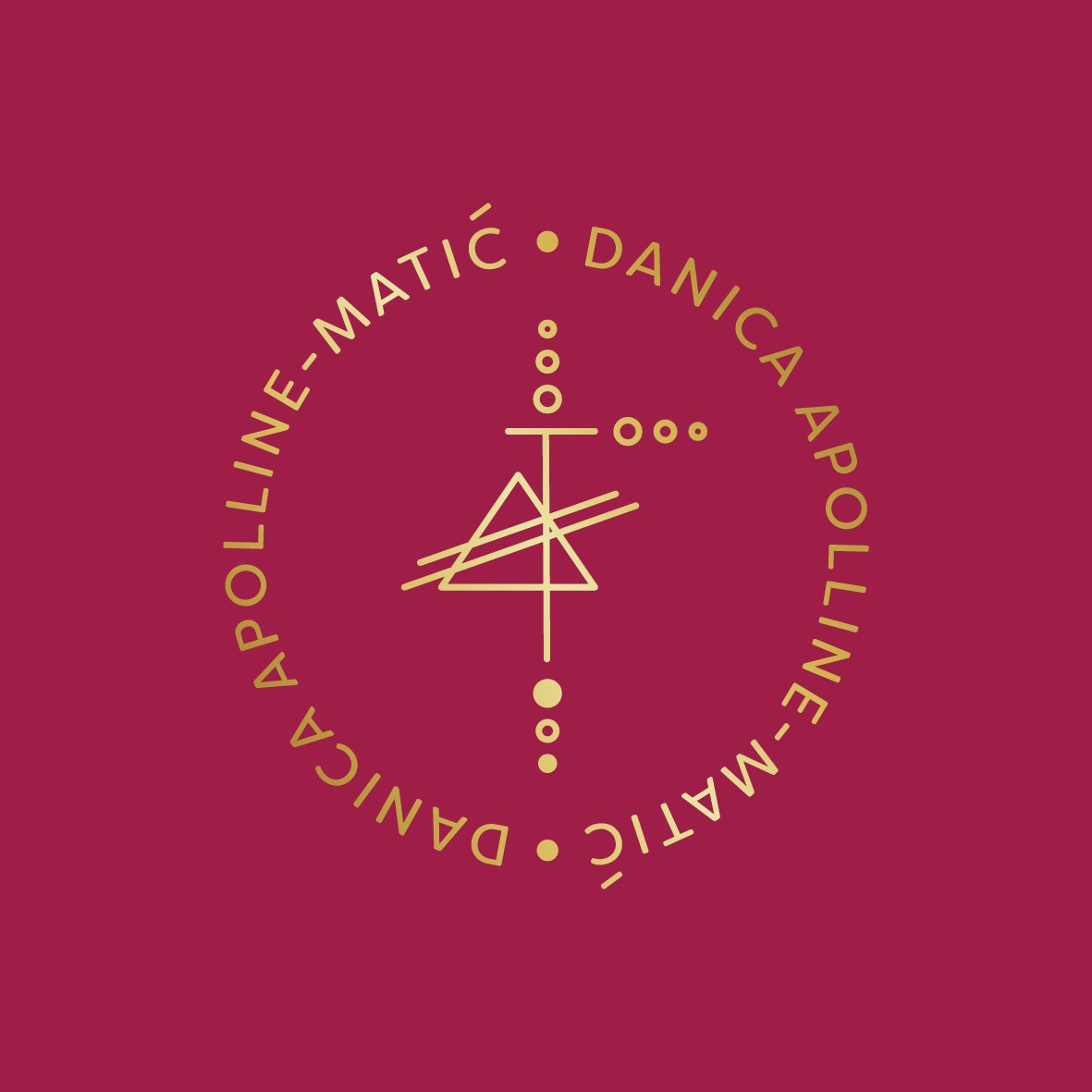There are several sources.
1) Scientific peer reviewed research
An international organisation called the Homeopathic Research Institute is the main body that collates and publicises robust scientific research into homeopathy.
In 2014, Dr Robert Mathie conducted a meta analysis, including data from 22 placebo-controlled Randomised Controlled Trials (RCTs) using individualised homeopathic treatment, and 54 placebo-controlled RCTs using non-individualised homeopathic treatment. Dr Mathie found that homeopathic medicines, when prescribed during individualised treatment, are 1.5- to 2.0-times more likely to have a beneficial effect than placebo.
This meta analysis, and 4 out of 5 global systematic reviews, have found conclusive evidence of a positive effect of homeopathy beyond placebo.
Despite this, the evidence cited in the media is from the other systematic review by Shang et al. 2005, and the Australian NHMRC report 10 published in 2015, both of which have evidence of covering up (positive) data.
You can find out more about these studies, and see a talk given by Dr Robert Mathie about his results by visiting this page at the Homeopathic Research Institute.
Globally, there have been 71,000 clinical trials into homeopathy, of these, 189 have been published in peer reviewed papers. Only 5% have shown negative results.
2) Evidence that homeopathy can treat specific conditions
Homeopathy treats individuals rather than conditions, however the way in which we measure scientific outcomes conventionally means that it is useful to also study the benefits of homeopathy is treating specific conditions. High quality research exists to show the positive benefits of using homeopathy to treat diarrhoea in children, ear infections in children, allergic rhinitis and vertigo. You can find out more about these here.
Homeopathy "Air Raid" kit, issued by the British Government during WW2,
with Aconite, Arnica, Ledum, Hypericum, Ignatia and Urtica Urens
Furthermore, the Dr Prasanta Banerji Homeopathic Research Foundation in Kolkata, India, contains . They are a family of doctors who see 2,500 patients every day, and so have built up the largest body of evidence we have over the last 30 years about how successful homeopathy can be. An insight into some of their remarkable findings has been shared in Ananda Moore’s film Magic Pills The Movie.
3) Observational evidence
Whilst this evidence is outside of the parameters of RCTs, observing, monitoring and collecting statistics about patient experiences is useful, and valid - particularly when do doing so with large numbers of people.
There are quite a few studies from around the world, so I am only going to highlight a small number here, but please do visit this page on the HRI website to find out more about these, and other observational studies.
Liverpool (2001): An outcome survey conducted on 1,100 patients over a 12 month period at the Liverpool department of homeopathic medicine found that 76.6% reported an improvement in their condition & 60.3% regarded their improvement as major. 52% of those taking conventional treatment were able to reduce or stop taking the conventional medication.
Bristol Homeopathic Hospital (2005): A study of over 6,500 consecutive patients found that 70% of follow up patients reported improved health, 50% major improvement.
France EP13 Project (2008-2012): This study followed 8559 patients, and found that patients treated homeopathically for upper respiratory tract infections (URTIs) and musculoskeletal disorders did as well clinically as those treated with conventional medicine, but used fewer conventional drugs. Patients with sleep, anxiety and depressive disorders needed fewer psychotropic drugs.
Scientific Evidence for Homeopathy
Over 200 million people, worldwide, use homeopathy on a regular basis and that number is growing.
During the COVID pandemic, both the Indian and Cuban Governments issued advice to all their citizens about which homeopathic remedies to take as a preventative and as a treatment.
So where is the research to support that it works?


